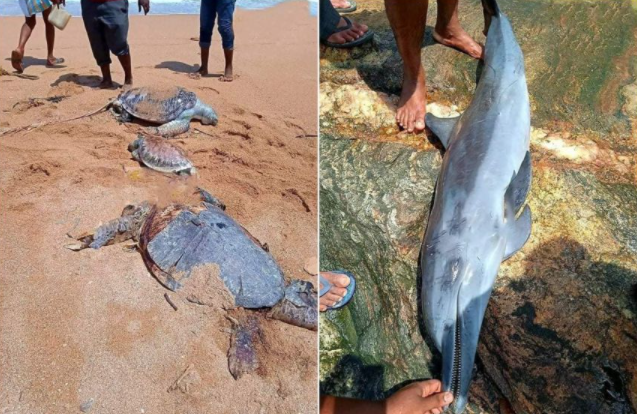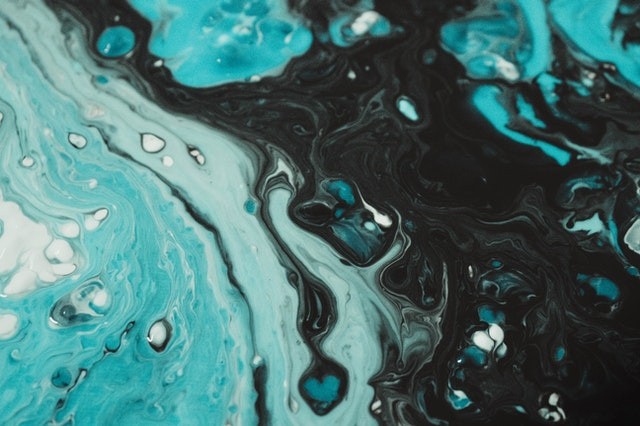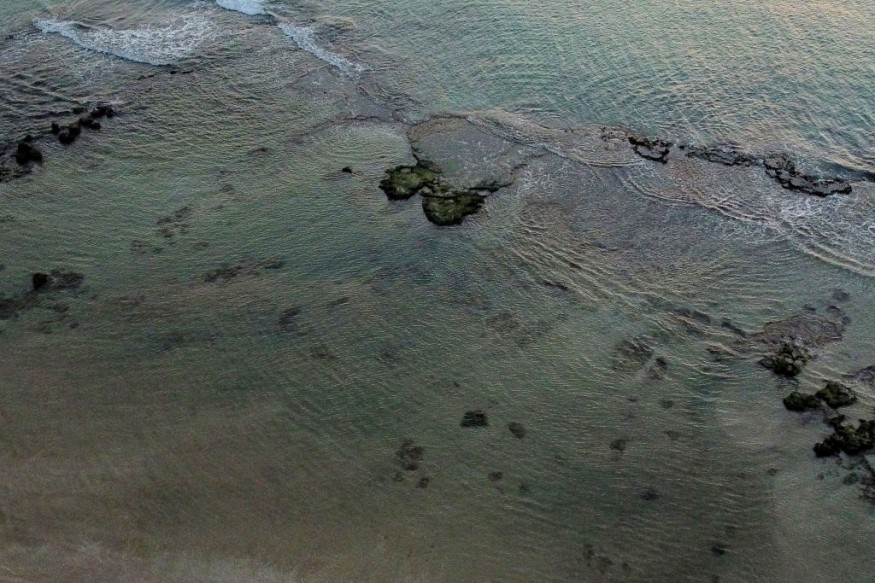Carcasses of five dolphins and more than 30 sea turtles have been discovered along Sri Lanka's western coast following the burning of a cargo ship near the capital Colombo, raising fears that the tragedy would have a disastrous impact on the region's marine biodiversity.

The Singapore-flagged X-Press Pearl caught fire near the harbor on May 20, spilling oil, chemicals, and plastic pellets into a sea that is home to several species of large marine mammals, including non-migratory blue, humpback, and pilot whales, spinner, spotted, and bottlenose dolphins, and thresher and whitetip sharks.
This region of the Indian Ocean is also home to hundreds of sea turtles and millions of reef fish, making it a popular spot for marine tourism, animal research, and fishing.
Suing the Ship's Operator
Sri Lanka has filed an interim claim with the ship's operator, Singapore-based X-Press Feeders, for US$40 million (S$53 million). The sum represents reimbursement for firefighting expenditures incurred from May 20 to June 1.
The cost to animals and the maritime environment has yet to be properly assessed by Sri Lanka's Marine Environment Protection Authority (Mepa).
According to the Sri Lankan navy, the fire was started by the ship's chemical cargo, which comprised more than 22 tonnes of nitric acid and other chemicals, the majority of which were destroyed in the fire.
There is currently no oil leakage, according to Mepa chair Dr. Darshani Lahandapura. But, on the other hand, the burnt-out cargo ship is sinking, and its bottom has already reached the shallow seabed.
Related Article : Sea Turtles in Danger as Oil Spill Hits Lebanon
Endangering Marine Life

Environmentalists are concerned that leaking oil and any leftover pollutants such as sodium dioxide, copper, and lead would devastate the region's rich marine life.
According to the Department of Wildlife Conservation, spinner dolphins, humpback dolphins, turtles, and eels have washed up along Sri Lanka's coastlines up to Colombo and Kosgoda in the last week.
Tissue samples were taken from the dead animals, and necropsies were being conducted, according to Wildlife Department Director-General Chandana Sooriyabandara.
'The carcasses that wash ashore might represent just a percentage of overall fatalities,' said Ranil Nanayakkara, a conservation scientist based in Colombo. The majority of deceased animals will sink to the bottom, be devoured by others, or be carried around the planet by ocean currents. To figure out what's going on, we need to do research quickly."
Dr. Nanayakkara has ruled out nitric acid since it is "not powerful enough" to kill animals, according to the information given by the government.
Not Entirely Responsible
Dr. Asha de Vos, a marine biologist and blue whale researcher who founded Oceanswell, Sri Lanka's first marine conservation research organization, cautioned that the ship disaster was not to blame for all deaths.
Leftover Plastics

All experts, however, were concerned about the thousands of tons of plastic pellets that have already accumulated on several beaches, including Kalpitiya, like a blanket of poisonous snow. The fish-egg-like pellets are tenacious contaminants that strangle marine life and clog the digestive systems of fish that eat them, choking them to death.
The navy is the only one cleaning up the plastic pellets on the beaches since Sri Lanka is under quarantine to prevent the spread of the coronavirus. Heavy rains and winds also wreak havoc, but environmentalists insist that the plastic must be removed as soon as possible.
He was also concerned that if the pellets made their way up the coast, they would devastate the beautiful seagrass meadows in the Palk Strait between India and Sri Lanka, which are home to dugongs, sharks, rays, seahorses, and prawns.
In some ways, the issue focuses on the fragile maritime ecosystem, which also serves as a naval corridor.
For more animal and environment news, don't forget to follow Nature World News!
© 2025 NatureWorldNews.com All rights reserved. Do not reproduce without permission.





